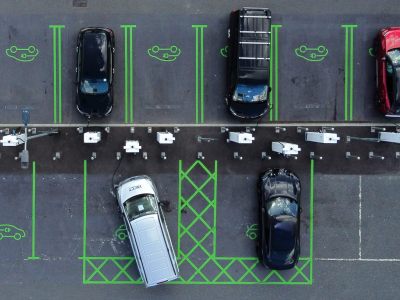C3.ai Digital Transformation Institute
The C3.ai Digital Transformation Institute is a research consortium dedicated to accelerating the benefits of artificial intelligence for business, government, and society. The institute engages the world’s leading scientists to conduct research and train practitioners in the Science of Digital Transformation, which operates at the intersection of artificial intelligence, machine learning, cloud computing, internet of things, big data analytics, organizational behavior, public policy, and ethics.
the world’s leading scientists to conduct research and train practitioners in the Science of Digital Transformation, which operates at the intersection of artificial intelligence, machine learning, cloud computing, internet of things, big data analytics, organizational behavior, public policy, and ethics.
Established in March 2020, the C3.ai DTI consortium consists of C3 AI, Microsoft Corporation, University of California, Berkeley, University of Illinois Urbana-Champaign, Carnegie Mellon University, KTH Royal Institute of Technology, Lawrence Berkeley National Laboratory, Massachusetts Institute of Technology, National Center for Supercomputing Applications, Princeton University, Stanford University, and University of Chicago. The Institute is jointly managed and hosted by University of California, Berkeley and University of Illinois Urbana-Champaign.
C3.ai DTI research analyzes new business operation models, develops methods for organizational change management, investigates methods for protecting privacy, and advances dialog related to the ethical implications of AI. Central to the Institute’s research is the development and validation of algorithms and designs that can dramatically improve societal systems, for example, in healthcare, transportation, education, and national security.
The goal of C3.ai DTI is to develop the field of Digital Transformation Science by supporting its intellectual growth, facilitating its transnational application, and leveraging laboratory and research facilities at consortium institutions. To date, the Institute has funded research projects in the following areas:
Health and Wellness – The application of AI and ML to address COVID-19 and future pandemics across the disciplines of medicine, urban planning, public policy, and computer science, including the impacts on racial, economic, and healthcare disparities.
Climate and Energy – The use of AI techniques and digital transformation technologies to advance energy efficiency and lead the way to a lower-carbon, higher-efficiency economy that will ensure energy and climate security, including improving resilience, sustainability, and efficiency through measures such as carbon sequestration, carbon markets, hydrocarbon production, distributed renewables, and infrastructure security.
Cybersecurity – The use of AI to harden information security and secure critical infrastructure, including AI resilience, anomaly detection, advanced persistent threats, forensics, vulnerability and insider threat identification, and securing critical cyberphysical and emerging financial infrastructures.



